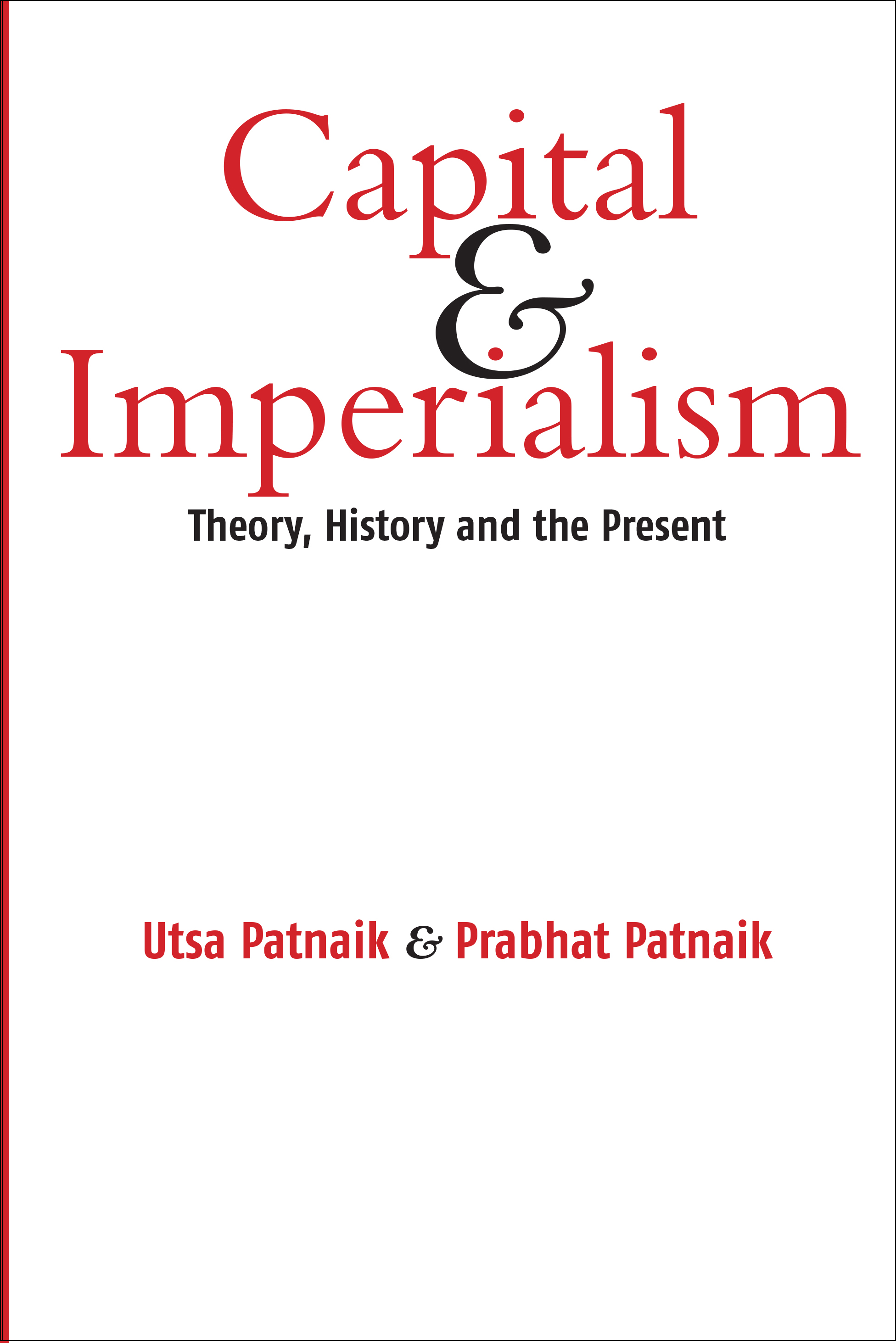The authors are emeritus professors of the Centre for Economic Studies and Planning, School of Social Sciences, Jawaharlal Nehru University. Both secured their doctorates in economics from Oxford University, UK. Utsa’s main areas of research interest are the problems of transition from agriculture and peasant predominant societies in a historical context, at present in relation to India, and questions relating to food security and poverty. She has authored several books including Peasant Class Differentiation: A Study in Method (1987), The Long Transition (1999), and The Republic of Hunger and Other Essays (2007). She has also edited and co-edited several volumes including Chains of Servitude: Bondage and Slavery in India (1985), Agrarian Relations and Accumulation: The Mode of Production Debate in India (1991), The Making of History: Essays Presented to Irfan Habib (2000), The Agrarian Question in Marx and his Successors in two volumes (2007, 2011), and A Theory of Imperial Capitalism. Prabhat’s specialization is macroeconomics and political economy. Some of his books include: Time, Inflation and Growth (1988), Economics and Egalitarianism (1990), Whatever Happened to Imperialism and Other Essays (1995), Accumulation and Stability Under Capitalism (1997), The Retreat to Unfreedom (2003), The Value of Money (2008) and Re-envisioning Socialism (2011).
Their previous co-authored book was A Theory of Imperialism which argued that ‘Capitalism without imperialism is an impossibility.’ They argued that Ricardo’s theory of comparative advantage is fundamentally flawed, and that the periphery has gained nothing and suffered much from its contact with the developed regions, while the West would never have developed at all without the contributions of the tropics.

